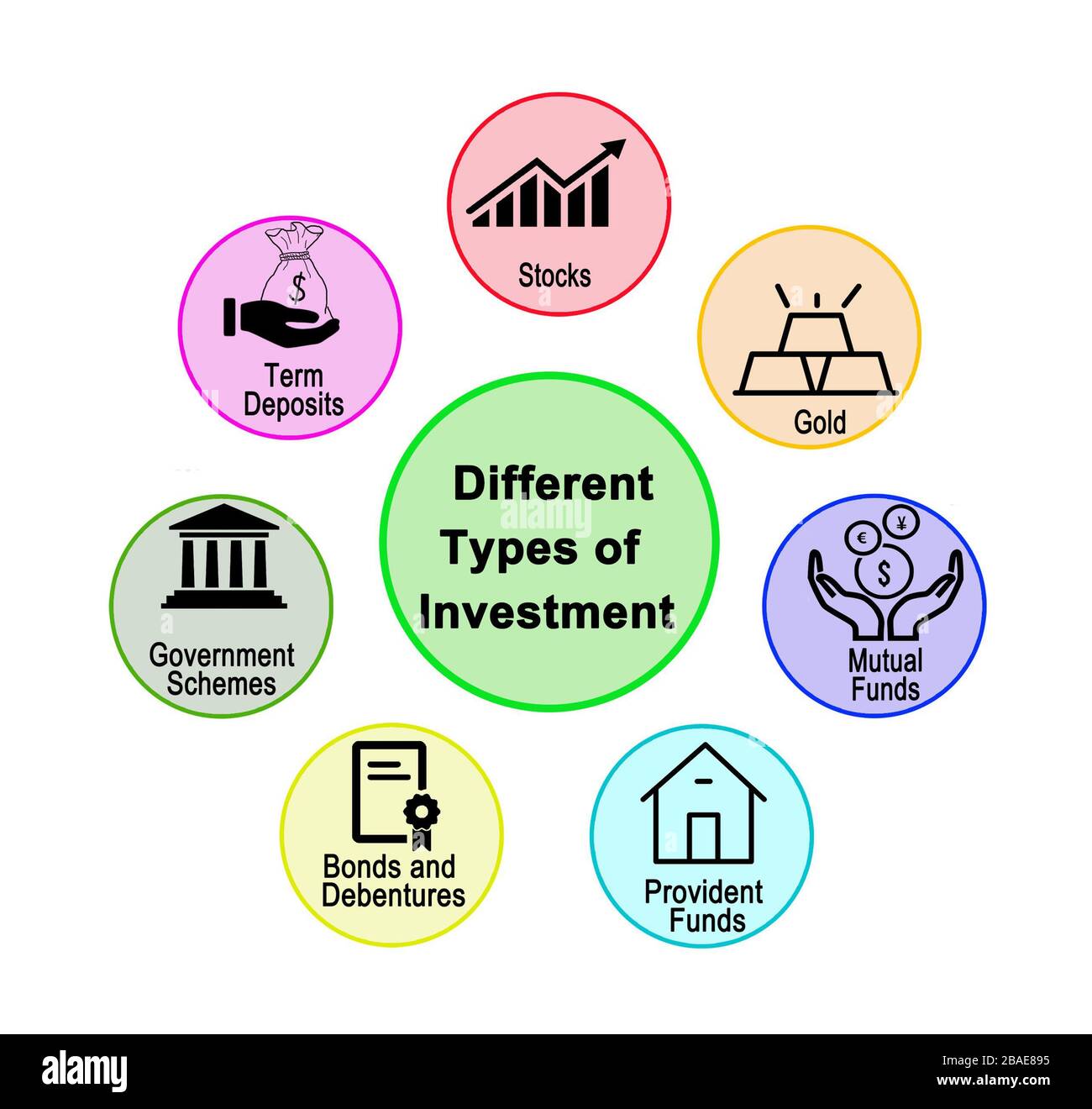Table of Contents
Banks An investment firm is an economic establishment principally engaged in holding, managing and investing safety and securities. These firms in the USA are regulated by the United State Securities and Exchange Compensation and need to be signed up under the Investment Firm Act of 1940. Investment companies invest money in behalf of their clients who, in return, share in the profits and losses.

Investment companies do not consist of brokerage companies, insurance firms, or financial institutions. In United States safety and securities law, there are at the very least 5 types of investment firm: In general, each of these investment firm should register under the Stocks Act of 1933 and the Investment Firm Act of 1940. A 4th and lesser-known sort of investment firm under the Investment Company Act of 1940 is a Face-Amount Certification Business.
A major kind of company not covered under the Investment Firm Act 1940 is exclusive financial investment business, which are just exclusive companies that make financial investments in stocks or bonds, however are restricted to under 250 investors and are not managed by the SEC. These funds are usually made up of really affluent investors.
Managed funds generally have restrictions on the types and amounts of investments the fund supervisor can make. The majority of investment companies are common funds, both in terms of number of funds and possessions under administration.
Investment Management Companies
The very first investment company were established in Europe in the late 1700s by a Dutch trader that wished to allow small financiers to pool their funds and branch out. This is where the concept of financial investment companies come from, as mentioned by K. Geert Rouwenhorst. In the 1800s in England, "financial investment merging" arised with depends on that appeared like modern investment funds in structure.

The 1929 securities market crash and Great Anxiety momentarily obstructed investment funds. Brand-new safeties laws in the 1930s like the 1933 Securities Act restored capitalist self-confidence. A variety of advancements then brought about consistent growth in financial investment firm properties and accounts over the years. The Investment Firm Act of 1940 regulates the framework and operations of investment business.
The act controls investment firm funding, guardianship of possessions, transactions with affiliates, and fund board duties. The Financial Investment Advisers Act of 1940 controls financial investment consultants to registered funds and various other large consultants. It establishes enrollment, document maintaining, reporting and other requirements for advisers. The Securities Exchange Act of 1934 manages trading, trading of safeties consisting of investment firm shares. In 1938, it accredited the production of self-regulatory companies like FINRA to manage broker-dealers. The Securities Act of 1933 needs public securities offerings, including of investment firm shares, to be signed up. It likewise mandates that financiers obtain an existing syllabus explaining the fund. "Financial investment Firms". U.S. Stocks and Exchange Payment (SEC).
Investment Management Companies around Mesquite, Texas
Lemke, Lins and Smith, Law of Investment Companies, 4.01 (Matthew Bender, 2016 ed.). ACM. 2023.
In retail mutual fund, hundreds of investors might be entailed by means of intermediaries, and they may have little or no control of the fund's activities or understanding about the identifications of various other financiers. The prospective variety of capitalists in an exclusive financial investment fund is generally smaller than retail funds. Personal financial investment funds tend to target high-net-worth people, including politically subjected persons, and fund managers may have a close partnership with their customer capitalists.

Easy funds have been expanding in their market share, and in some territories they hold a considerable part of possession in openly traded firms. There are various categories for investment funds. Some are closed-end, meaning they have a fixed number of shares or capital, whilst others are open-end, meaning they can grow right into limitless shares or resources.
The rates, danger, and regards to derivatives are based on a hidden asset, and they enable investors to hedge a placement, rise leverage, or speculate on a property's change in worth. For example, an investor may have both a stock and a choice on the same supply that allows them to offer it at an established price; therefore, if the stock's rate falls, the alternative still keeps worth, reducing the financier's losses.
Whilst considered, provided the focus of this rundown on the BOT of corporate vehicles, a full therapy of the helpful ownership of properties is outside its extent. A mutual fund offers as an avenue to take advantage of several possessions being held as financial investments. Financiers can be people, business cars, or organizations, and there are typically a number of intermediaries in between the capitalist and mutual fund as well as between the mutual fund and the underlying financial assets, particularly if the fund's units are exchange-traded (Box 1).
Investment Company
Depending on its lawful kind and structure, the people exercising control of a mutual fund itself can differ from the individuals who own and take advantage of the underlying assets being held by the fund at any type of provided point, either directly or indirectly. Both retail and personal investment funds commonly have fund supervisors or advisors who make investment choices for the fund, selecting safeties that line up with the fund's goals and risk resistance.
and serve as intermediaries in between financiers and the fund, facilitating the acquiring and marketing of fund shares. They link financiers with the fund's shares and carry out trades on their part. manage the enrollment and transfer of fund shares, preserving a document of shareholders, processing ownership modifications, and releasing proxy products for shareholder conferences.
Navigation
Latest Posts
Mineral Rights Companies
Investment Firms
Bathroom Remodeling Companies local to Mesquite, Texas